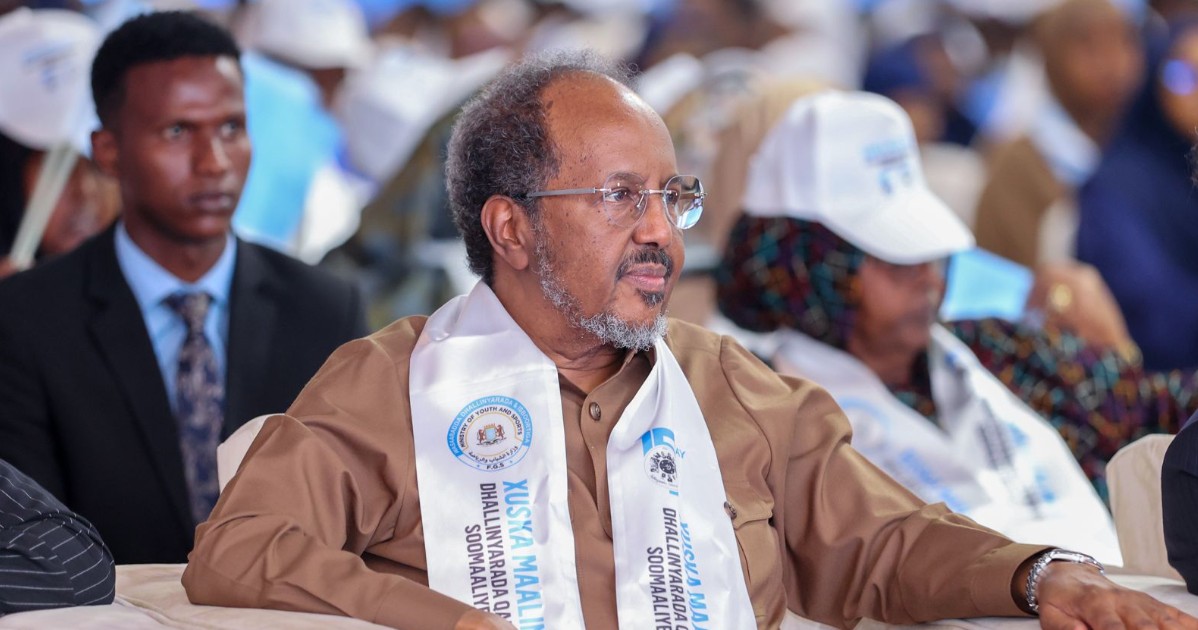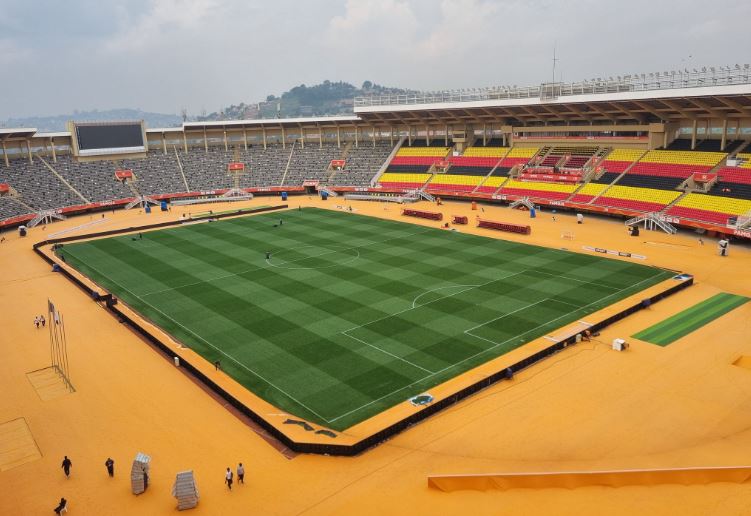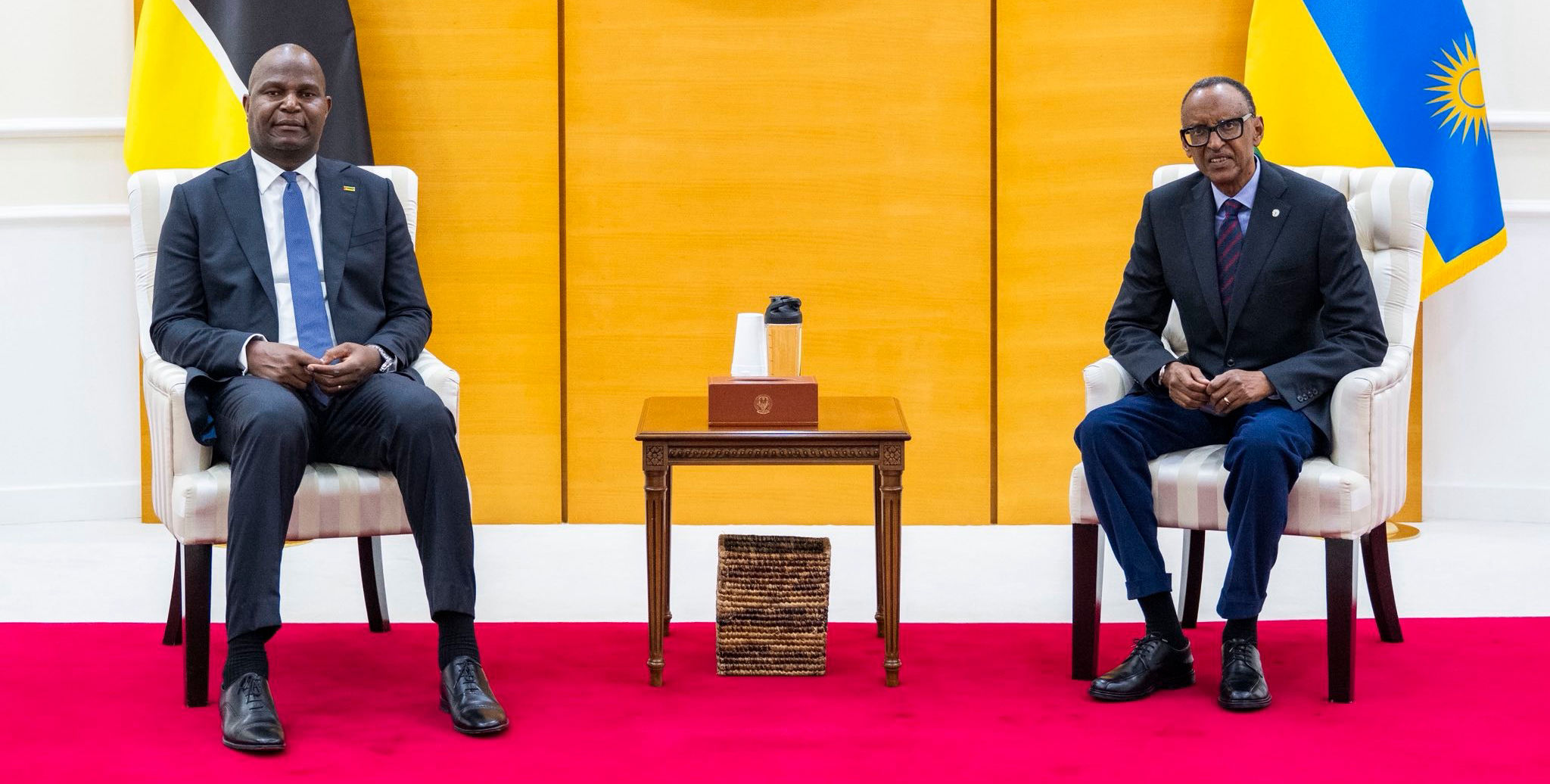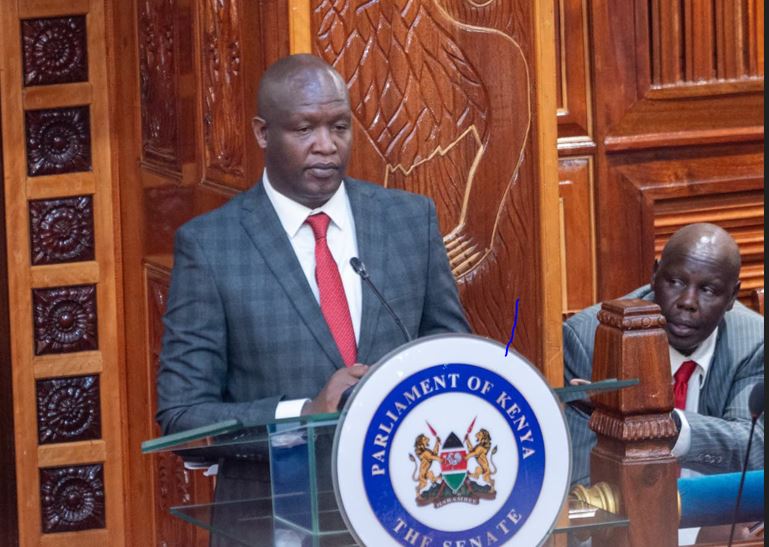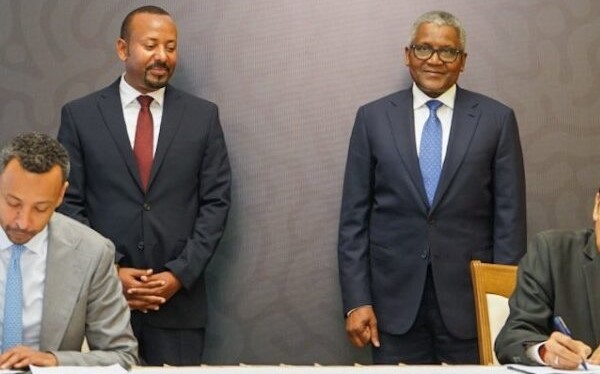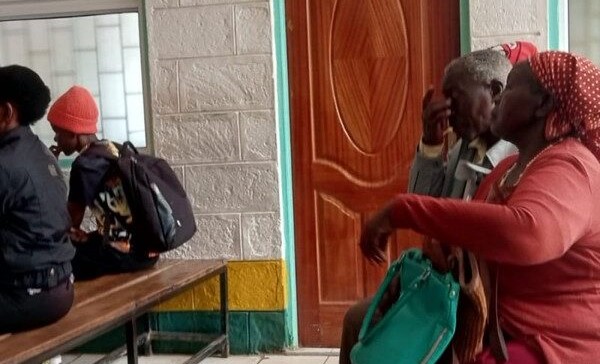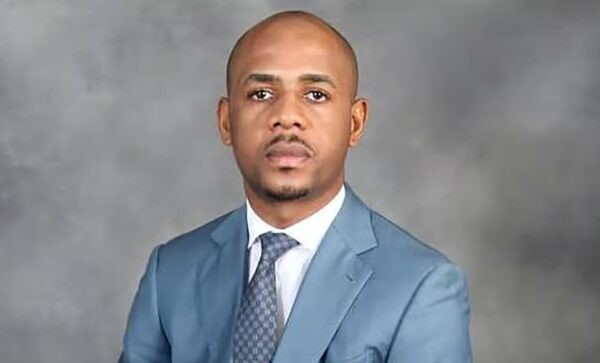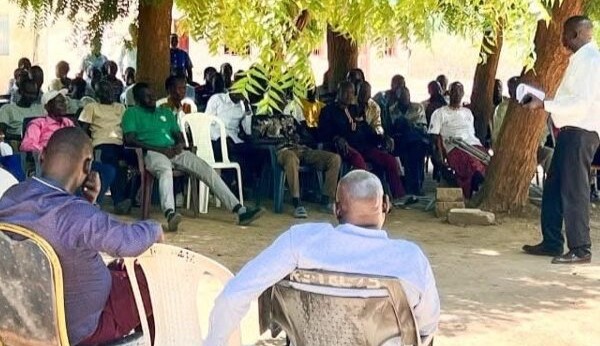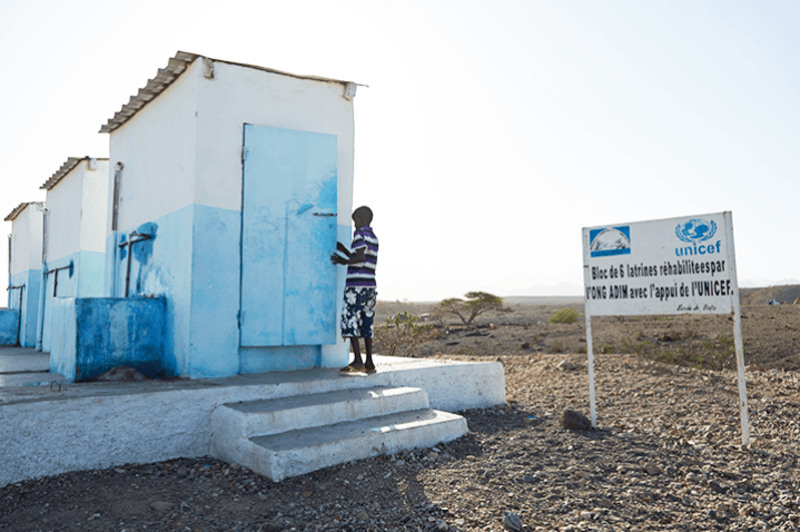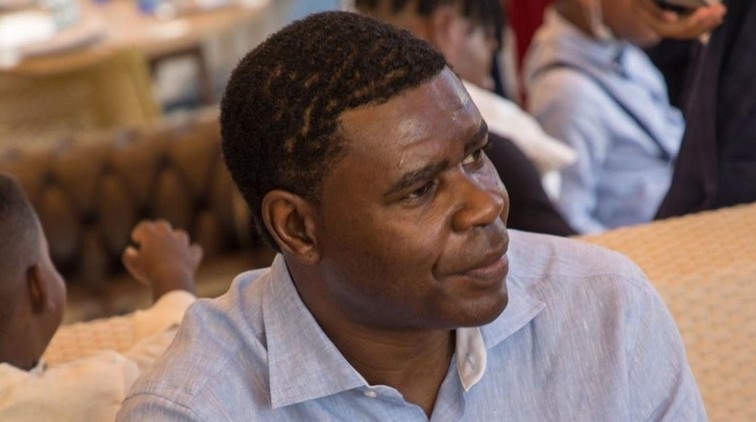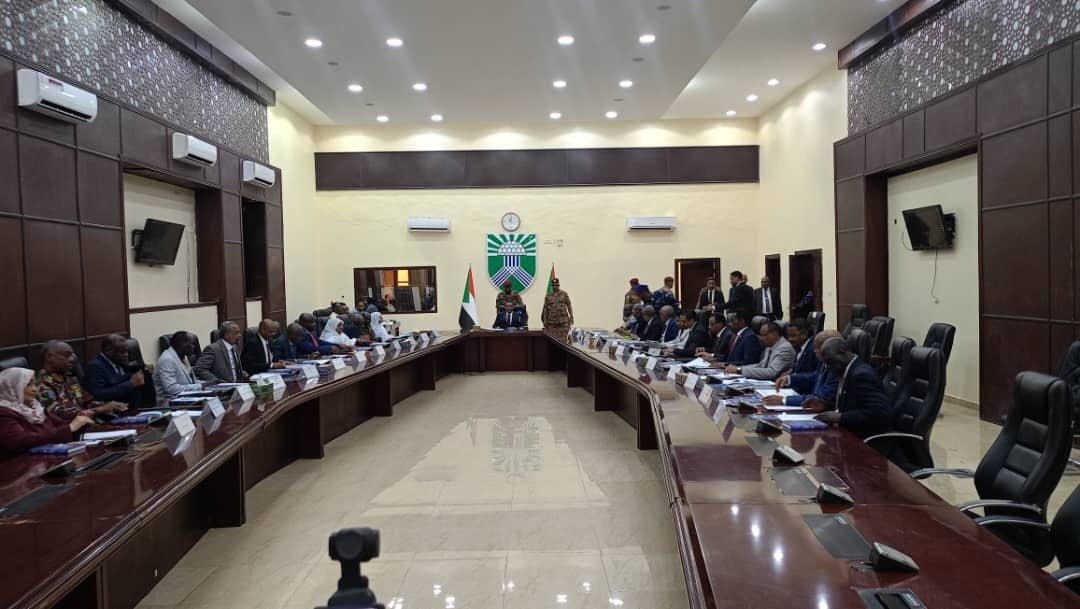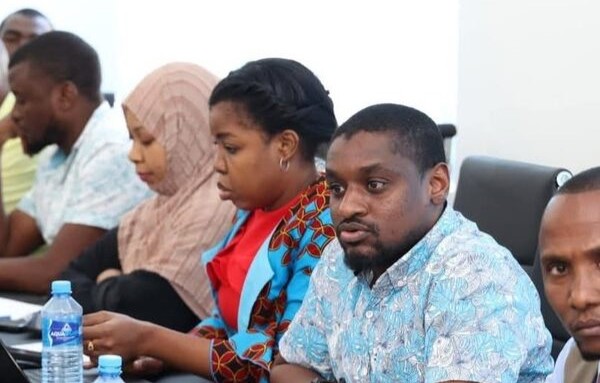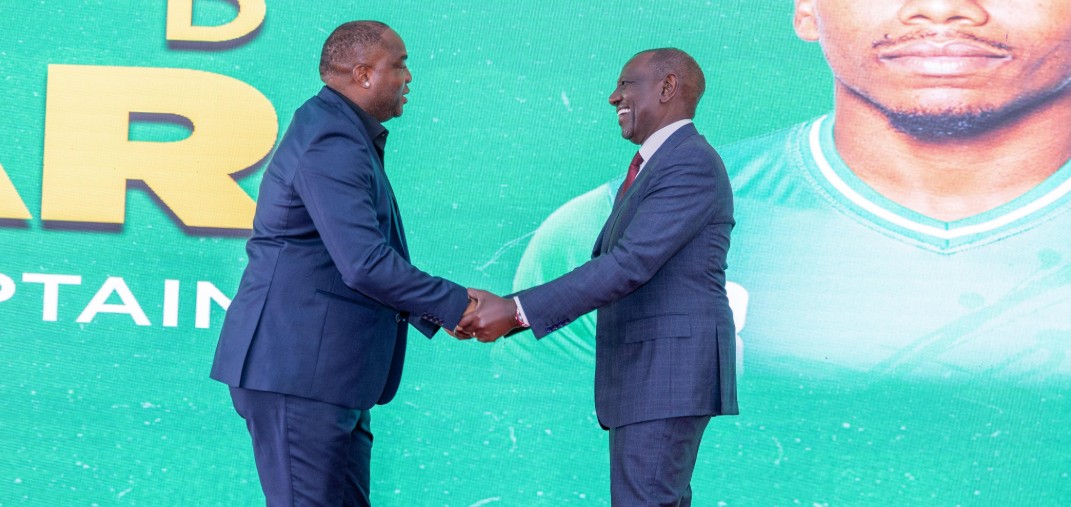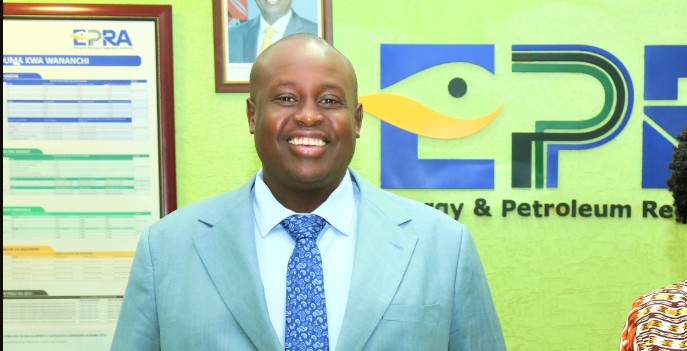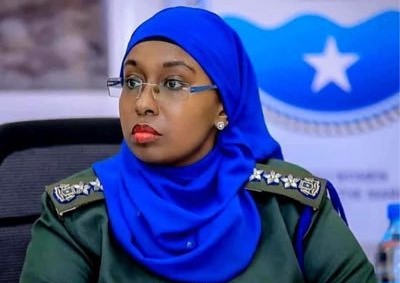Free education here to stay- PS Julius Bitok clarifies after uproar
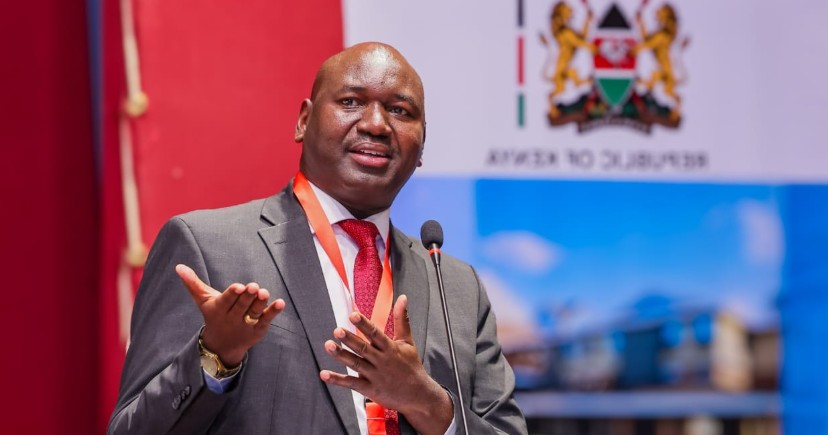
His comments come just hours after Treasury Cabinet Secretary John Mbadi had announced that funding free education was no longer sustainable.
The Government has clarified that the free primary and secondary education policy has not been scrapped.
In a statement released on Friday evening, Basic Education Principal Secretary Julius Bitok said the Government would instead lobby Parliament to increase the education budget to address the funding deficit for capitation, national examinations and other related expenditures.
More To Read
- Mbadi urges State agencies to prioritise PPPs in project planning
- Kenya eyes TDB loan to clear Sh51.6 billion debt due September
- Mbadi gives counties 30 days to integrate payrolls with IPPD
- KUCCPS extends TVET application deadline for September 2025 intake
- Court declines to hear nomination of Harold Kipchumba as Mbadi's replacement
- Government targets land sale to settle Kenya Railways pension arrears
“I want to assure the country that the policy on free primary and secondary education has not changed. The Government will continue financing education through capitation as it has done over the years,” said PS Bitok.
He further explained that although the Ministry’s budgetary allocation has risen to a historic Sh702 billion in the current financial year, it still falls short of the funding requirements.
“Growing demand means we must work even harder to ensure these investments reach every learner, especially through capitation. We are continuing to engage Parliament so that we secure the resources needed to support education in this country,” he added.
His comments come just hours after Treasury Cabinet Secretary John Mbadi had announced that funding free education was no longer sustainable.
“The problem is we live a lie. President Mwai Kibaki introduced free primary education, then President Uhuru Kenyatta introduced subsidised secondary education, which somehow was escalated to free. The truth is, we do not currently have the capacity to finance free primary and free secondary education,” Mbadi told the Education Committee on Thursday.
His remarks sparked a nationwide outcry, with many questioning the decision to end such a vital programme that promotes equity among Kenyans from all walks of life.
However, PS Bitok defended CS Mbadi’s comments, saying they had been misinterpreted.
“What he underscored, and what we reaffirm, is the need for closer collaboration with Parliament to ensure education funding keeps pace with the growing needs of our learners,” he explained.
At the same time, Kilifi North MP Owen Baya, who also serves as Deputy Majority Leader in the National Assembly, said there had been no change in the Government’s policy regarding funding for public education.
“As MPs, we will continue to allocate funds, including for university education,” he said.
He further defended the sector’s growing budgetary needs, noting that the current administration’s investment in education, including the recruitment of new teachers and construction of infrastructure, is unprecedented.
“Previous governments only hired around 3,000 to 5,000 teachers annually. We are now talking about employing 100,000 teachers in just three years,” the MP noted.
Top Stories Today
